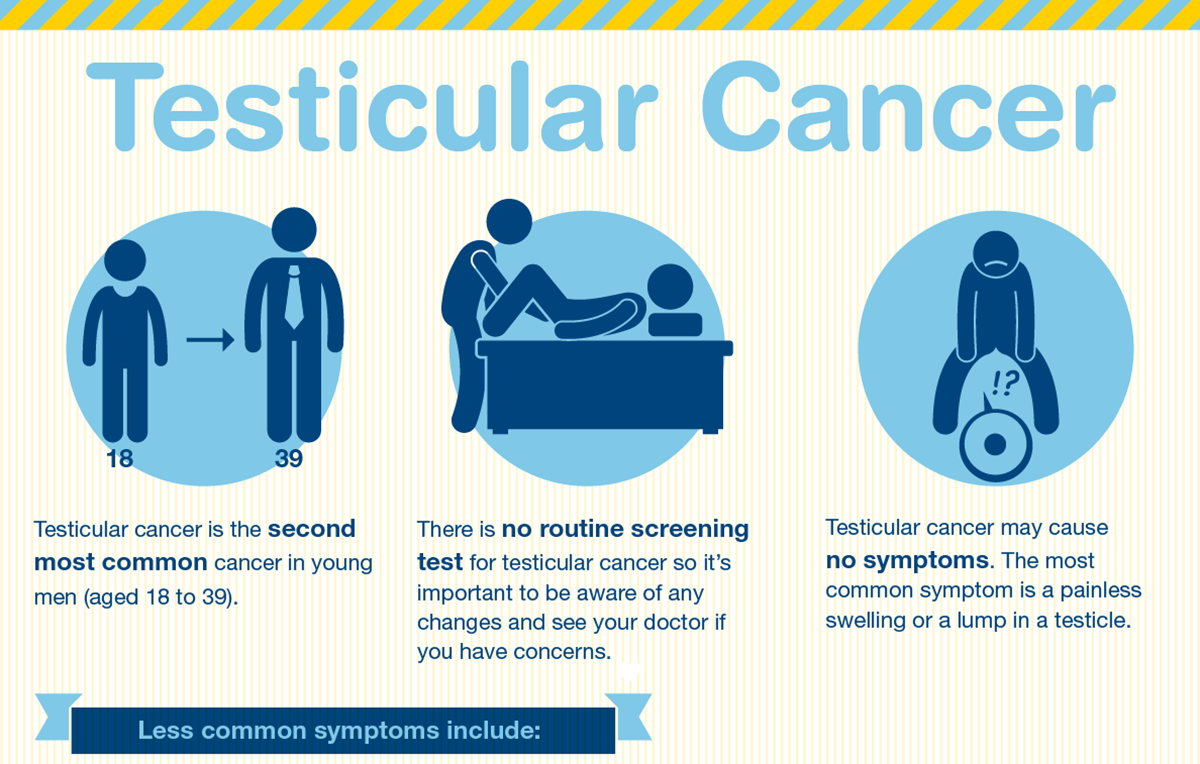Testicular Cancer: What Cancer Did Morgan Spurlock Have
Testicular cancer is a type of cancer that develops in the testicles. It is the most common cancer among men between the ages of 15 and 35. Testicular cancer is usually curable if it is found and treated early.
Symptoms of testicular cancer can include:
- A lump or swelling in one or both testicles
- Pain or discomfort in the testicles
- A feeling of heaviness in the scrotum
- Enlargement or tenderness of the breasts
- Back pain
- Weight loss
- Fatigue
Risk factors for testicular cancer include:
- Undescended testicles
- A family history of testicular cancer
- A history of certain types of cancer, such as leukemia or lymphoma
- Exposure to certain chemicals, such as pesticides
Testicular cancer is diagnosed with a physical exam and a biopsy. A biopsy is a procedure in which a small sample of tissue is removed from the testicle and examined under a microscope.
Treatment for testicular cancer depends on the stage of the cancer. Treatment options may include surgery, chemotherapy, radiation therapy, and hormone therapy.
Morgan Spurlock’s Testicular Cancer
Morgan Spurlock was diagnosed with testicular cancer in 2006. He underwent surgery to remove the affected testicle and received chemotherapy. Spurlock has since recovered from testicular cancer and has become an advocate for cancer awareness.
Spurlock’s experience with testicular cancer has had a profound impact on his life and career. He has written a book about his experience, called “Don’t Let Your Meat Loaf,” and he has spoken out about the importance of early detection and treatment of testicular cancer. Spurlock’s advocacy work has helped to raise awareness of testicular cancer and has encouraged men to get regular checkups.
Testicular Cancer Awareness

What cancer did morgan spurlock have – Testicular cancer awareness is of utmost importance, as early detection and treatment can significantly improve the chances of survival and recovery. By raising awareness about the signs and symptoms of testicular cancer, we can encourage individuals to seek medical attention promptly, leading to timely diagnosis and appropriate treatment.
Morgan Spurlock’s Experience
Morgan Spurlock’s experience with testicular cancer has played a crucial role in raising awareness about this often-overlooked disease. His public disclosure of his diagnosis and subsequent treatment has helped destigmatize testicular cancer and encouraged others to prioritize their testicular health.
Role of Organizations, What cancer did morgan spurlock have
Organizations like the Testicular Cancer Society play a vital role in promoting awareness and providing support to individuals affected by testicular cancer. These organizations offer educational resources, support groups, and advocacy efforts to raise awareness and provide a sense of community for those navigating this challenging journey.
Testicular Cancer Research

Testicular cancer research is crucial in advancing treatment outcomes and improving patient care. Ongoing efforts aim to enhance detection methods, develop more effective therapies, and reduce the long-term side effects associated with treatment.
Organizations like the American Cancer Society play a vital role in funding research initiatives and supporting patients through various programs. They provide grants to researchers, fund clinical trials, and offer resources and support services to individuals affected by testicular cancer.
Advancements in Testicular Cancer Research
Recent advancements in testicular cancer research have led to significant improvements in treatment and patient outcomes. These include:
- Improved imaging techniques: Advanced imaging technologies, such as MRI and PET scans, allow for more accurate detection and staging of testicular tumors, enabling earlier intervention and personalized treatment plans.
- Targeted therapies: The development of targeted therapies, such as tyrosine kinase inhibitors, has revolutionized the treatment of advanced testicular cancer. These drugs specifically target cancer cells while minimizing damage to healthy tissues, resulting in improved efficacy and reduced side effects.
- Immunotherapy: Immunotherapy approaches, such as checkpoint inhibitors, have shown promising results in treating testicular cancer. These therapies harness the body’s immune system to recognize and attack cancer cells, offering a potential long-term benefit.